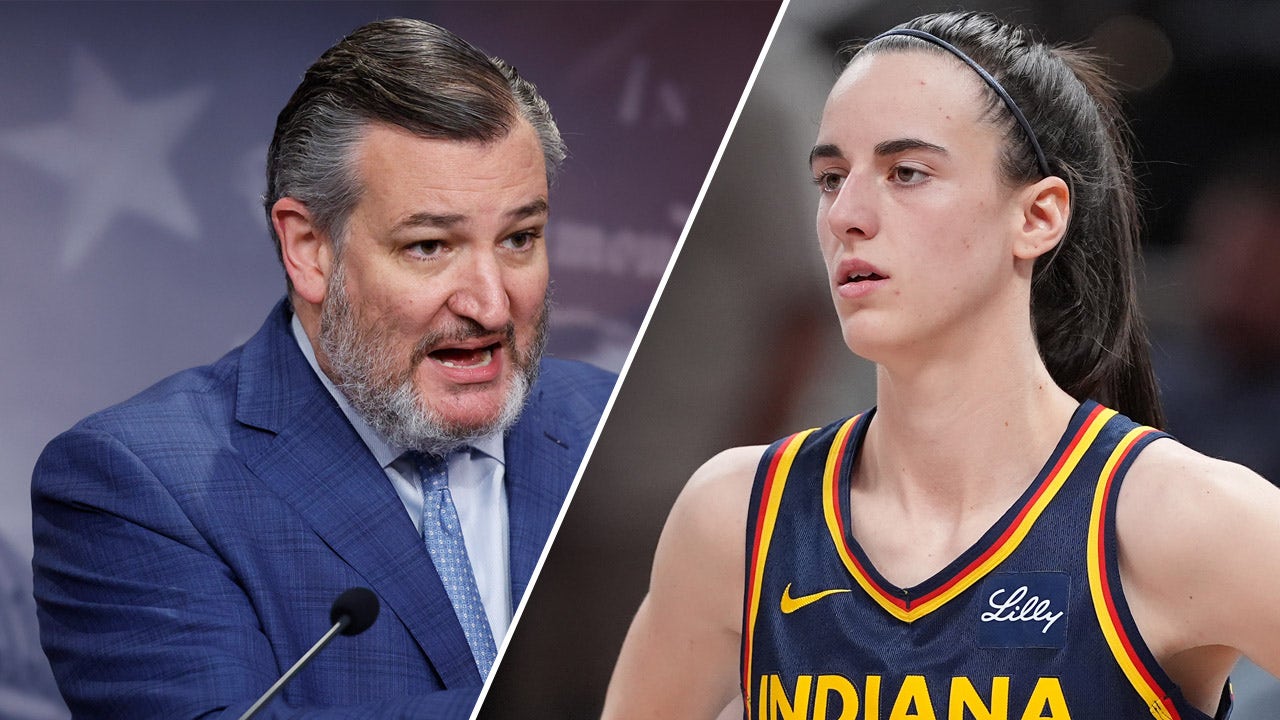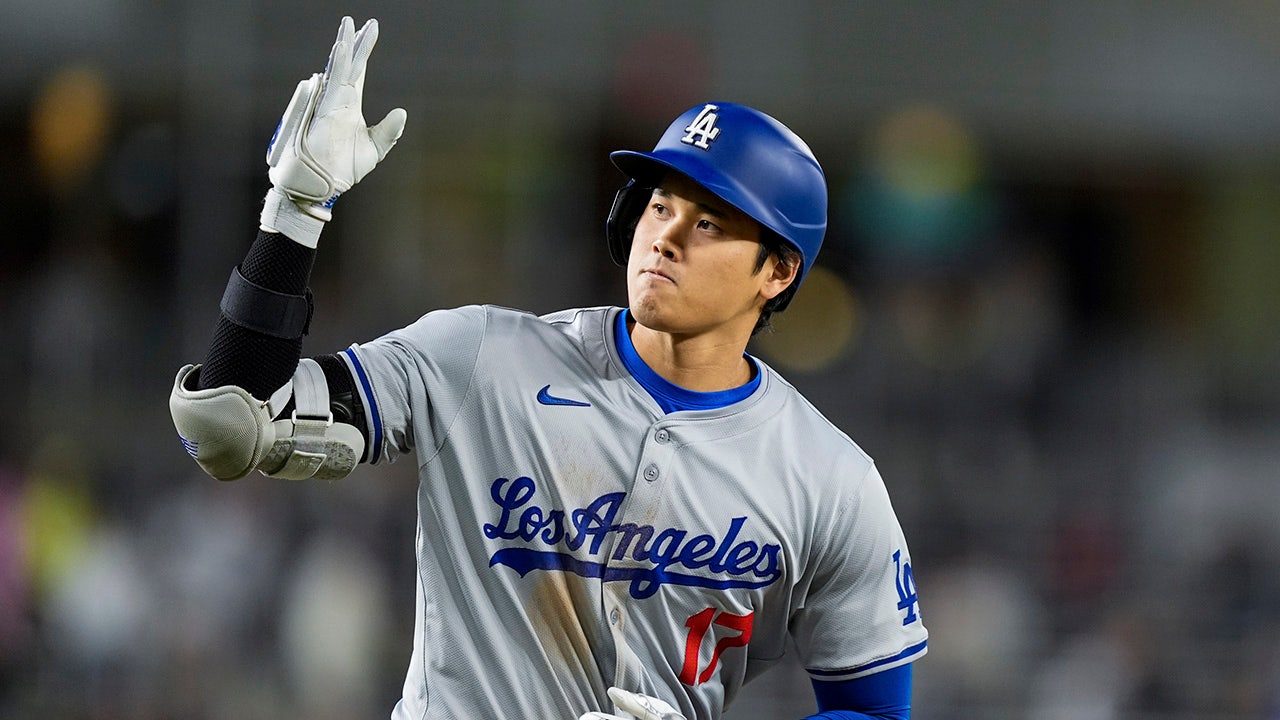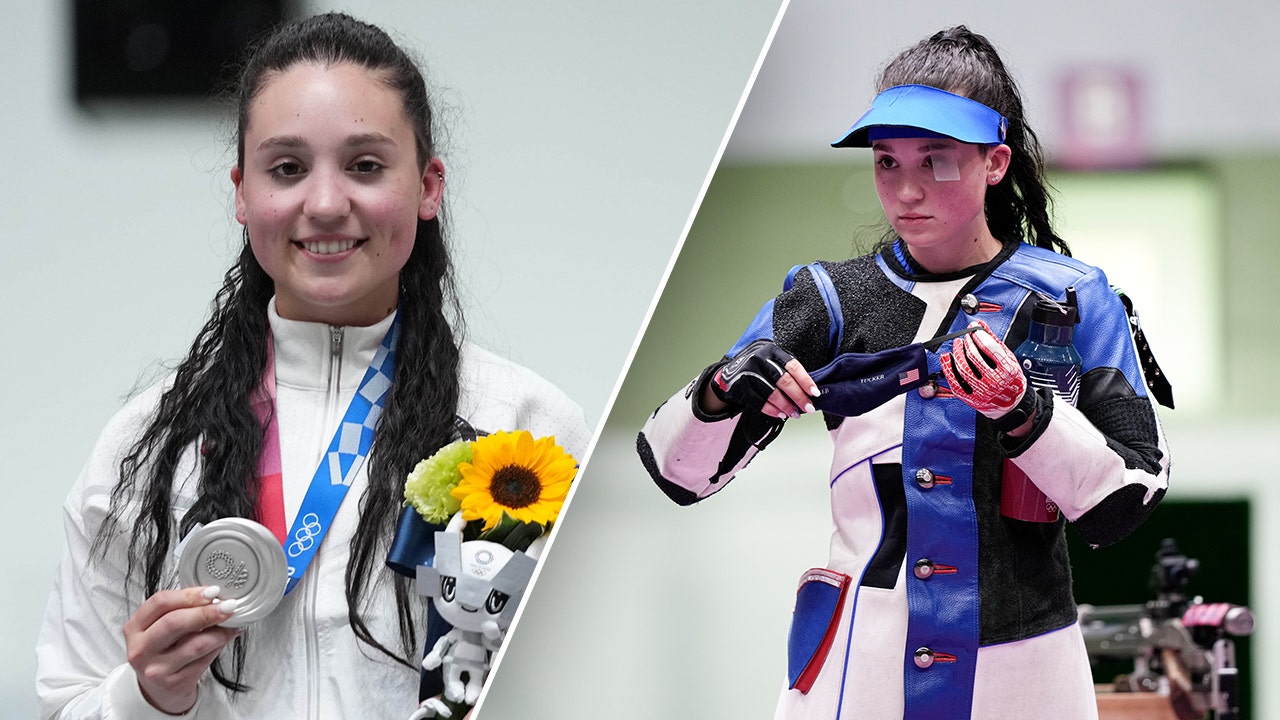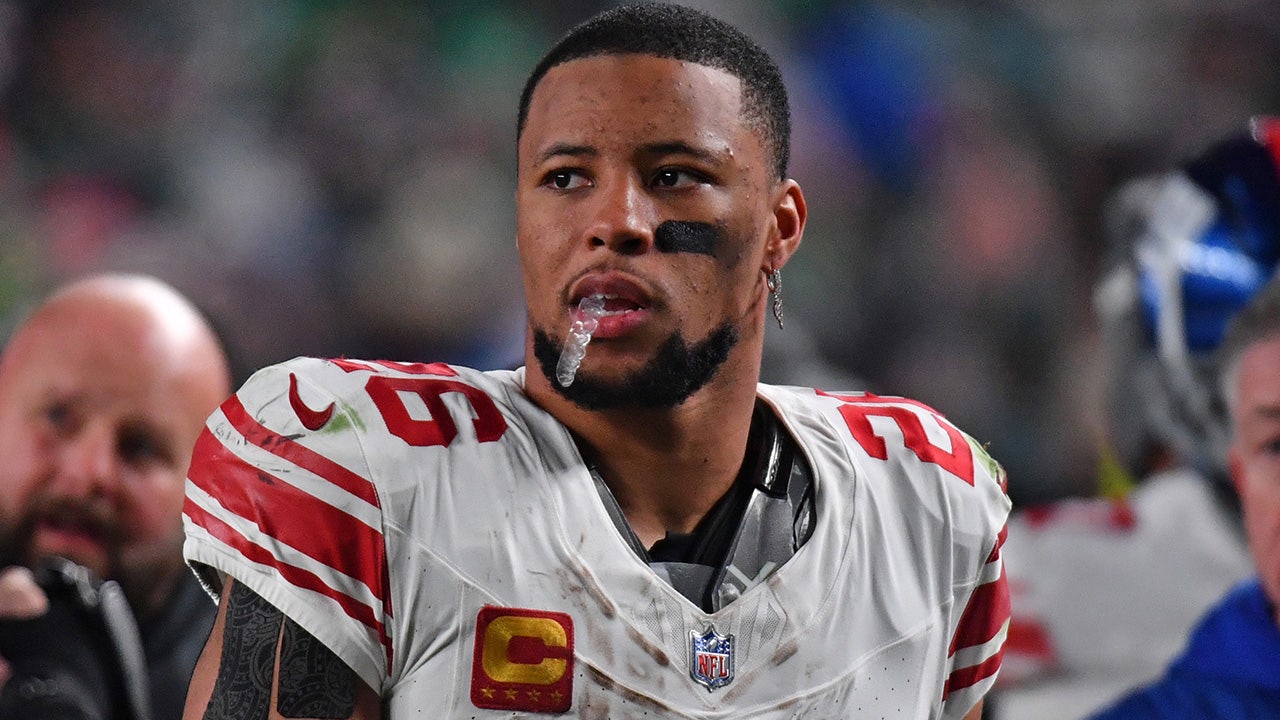BOSTON — Twenty years after the Seven-Seconds-or-Less Phoenix Suns shook up the NBA with an offense the likes of which the league had never seen or tried to defend before, the Boston Celtics have taken things to the next level.
Behold the perfect modern NBA offense, matching 3-point volume and efficacy with ruthlessly efficient midrange shooting, with the occasional drives, dives and triples from the best forward tandem in the league in Jayson Tatum and Jaylen Brown crushing opponents’ will.
The Celtics did the same thing to the Dallas Mavericks in Game 1 of the NBA Finals on Thursday that they’ve done to opposing defenses all season. They stretched the Mavs to the breaking point, then broke them behind a barrage of first-half 3s and a sensational return to action from Kristaps Porziņģis. Even after Dallas cut a 29-point first-half deficit to 8 midway through the third quarter, Boston had plenty left in the tank to stretch its lead right back to 20 and put away Game 1, 107-89.
THAT’S ONE ☝️#DifferentHere pic.twitter.com/0PLNoZMIjX
— Boston Celtics (@celtics) June 7, 2024
Like a great boxer, Boston just bludgeons you with punches from all angles and speeds. Thursday, it was Porziņģis — in his first action since straining his calf in Game 1 of the first round against the Miami Heat in April — who set the tone off the bench. Dallas threw everyone it could at the 7-foot-2 big man: Luka Dončić, Derrick Jones, Jaden Hardy, rookie Dereck Lively II. No one slowed him, much less stopped him; Porziņģis made 7 of 9 shots and scored 18 of his 20 points in the first half, raining jumpers from the elbows and nail. The Cs made 16 of 42 from deep, including three quick ones to end the third quarter and put the Mavericks right back in their place after getting within 72-64.

GO DEEPER
Kristaps Porziņģis’ career was at a crossroads. Then he learned to trust the numbers
At the same time, Brown was turning the game back in Boston’s favor as well by drawing Lively’s fourth and fifth personal fouls within a minute, forcing Dallas to bench its big man, who defends best in space.
“When a team goes on a run, you got to manage it, you got to stay composed, and you got to keep playing basketball,” Brown said of that end-of-quarter stretch. “It’s almost like you just have short-term memory a little bit, like the team’s not even on a run. You got to play smart basketball and make great plays to get us on a (run), get our flow back, and I think in that third quarter, I got to the free-throw line. I think that helped us get going. Then we made some kick-outs to the corner. Al (Horford) got a 3. We was able to get some good offense going.”
Brown finished with 22 points and six rebounds. Tatum was just 6 of 16 from the floor but had 11 rebounds and five assists and made his bones against Dallas as a playmaker, piling up hockey assists all night. Jrue Holiday was a plus-20 in nearly 35 minutes on the floor. The Celtics’ relentless pressure on defenses over 48 minutes this season is why they’re now three games away from the franchise’s 18th NBA title. Pick your poison? It’s all poison when Boston is rolling. And it gets in opponents’ heads.
“We let the crowd get to us, we let the refs get to us, we let them making shots get to us,” Dallas forward P.J. Washington said.
This series isn’t over. Dallas almost always does its best work after a bad Game 1 in a seven-game series. But the Mavericks’ dilemma, again, is that what they’ve become great at defensively this season is what Boston is not dependent upon: scoring in the paint.
Dallas has been an outstanding defense since acquiring Daniel Gafford from the Washington Wizards and Washington from the Charlotte Hornets. Gafford and Lively shut down the lane. The Celtics were good this season at scoring in the paint, finishing tied for eighth in the league with the Milwaukee Bucks in paint points per game (43.7). But that’s not what Boston counts on to take out teams.
Boston has turbocharged what Phoenix did to the league 20 years ago, when the Suns found success playing small ball. The 2003-04 Suns had a brilliant point guard in two-time league MVP Steve Nash, who pushed the pace at every opportunity, never gave up his dribble and sliced up defenses all season. They had wings in Shawn Marion, Quentin Richardson and Joe Johnson, who could all shoot and finish downhill. And the Suns had a sledgehammer of a young power forward in Amare Stoudemire, who dove to the rim for lobs and pocket passes from Nash.
Since then, a lot of championship-caliber and championship-winning teams have leaned in on 3s: the Dwight Howard-era Orlando Magic, the Splash Brothers Golden State Warriors of Steph Curry and Klay Thompson, the James Harden heliocentric Houston Rockets. But Boston has taken things a step further.
The Suns led the NBA in 2003-04 in 3-point attempts and makes, with 2,026 3-point attempts and 796 makes. This season, Boston also led the NBA in 3-point attempts and makes, after finishing second in each category last season.
The Celtics had 3,482 3-point attempts this season and 1,351 makes. Boston finished just 12 3s short of the single-season team record set last season by the Warriors. And the Celtics are not doing it by playing small; they have massive size up front with Tatum, Brown, Horford and Porziņģis.
“I think we do our best to find what works and then keep doing it,” Holiday said. “I think that’s something that we kind of lock into. And then, at the same time, in NBA games, 20-point (leads) can mean nothing. I just think staying poised and being able to keep our heads helps us with that. I think being consistent and doing things that we feel work worked out tonight.”
The addition of Porziņģis from Washington last summer only adds to the Celtics’ offensive riches.
7 footer coming through 👀 pic.twitter.com/ZTzvGEPEDV
— Boston Celtics (@celtics) June 7, 2024
He gives Boston a dimension it didn’t have in previous years: a big man who can get his shot off, any time, against just about everyone. His development as a scorer at the elbows and nail makes it extremely difficult even if defenses sell out completely on closing out on Boston’s 3-point shooters. Now it doesn’t matter if Tatum or Brown has an off-night shooting. Boston just runs Porziņģis off a pick-and-roll with Derrick White or Holiday, and he squares up (always smaller) defenders and lets it fly.
That takes some pressure off Tatum. But make no mistake: Tatum remains the catalyst for everything that’s happened here over the past several seasons. Even on off-nights shooting like Thursday, his presence tilts the floor.
“For us, it starts with JT, and then it’s kind of a trickle-down effect,” Horford said. “And we’ve all kind of fallen in line because of it. And he is, I feel, a big part of why everybody else gets all these things. He opens up a lot of things for us. And this, tonight, was just another night of us being consistent in that regard.”
The Mavericks spoke afterward about how they have to defend the 3 better and how they’ll do better in Game 2. And they might. Kyrie Irving had an off-night; if he had made two or three wide-open shots, Dallas might have been able to withstand the Celtics’ offensive onslaught into the fourth quarter, when Dallas can close out tight games behind its two premier offensive talents.
But we’re into June now. No one has been able to stop Boston’s offense all season. It’s starting to feel like no one can and might not be able to for quite a while.
(Photo of Kristaps Porziņģis: Maddie Meyer / Getty Images)






